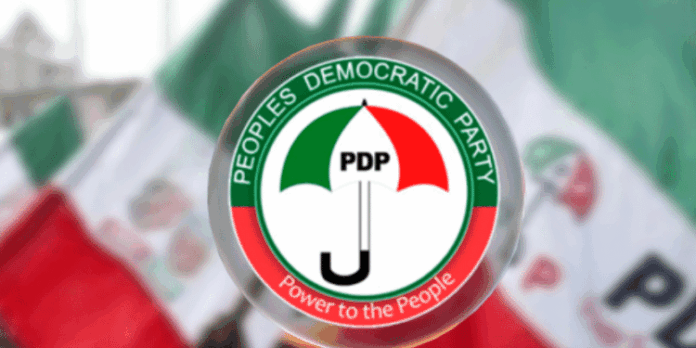The political landscape within Nigeria’s main opposition party, the People’s Democratic Party (PDP), is currently defined by an intense, behind-the-scenes debate over who should lead its presidential ticket for the 2027 general elections. Instead of a unified front, the party is grappling with a strategic dilemma, torn between two prominent figures: Peter Obi, the popular former Labour Party candidate, and former President Goodluck Jonathan.
This internal tug-of-war is not just about personalities; it reflects a deep-seated struggle over the party’s future direction and its best path to reclaiming power. The discussions, which reportedly began after a period of uncertainty over Obi’s political future, have gained significant momentum, revealing two distinct camps within the PDP.
The Case for Peter Obi’s Return
One faction of the PDP believes that a return to the party is the only viable option for Peter Obi to mount a successful presidential campaign. This school of thought is championed by influential figures like former Information Minister Jerry Gana, who recently argued that while Obi was a strong contender in the 2023 election, his chances would be significantly bolstered by the PDP’s established structure.
The reasoning is strategic: Obi’s immense popularity, particularly among young voters and in the South, could be combined with the PDP’s extensive grassroots network and formidable presence in Northern Nigeria. This synergy, they believe, would create a more formidable coalition than the one he led under the Labour Party, which some PDP members view as too unstable and lacking the necessary nationwide infrastructure. This camp sees Obi as the candidate with the current momentum and a proven ability to mobilize a passionate voter base, a key ingredient for success in a presidential election.
The Goodluck Jonathan Alternative
Conversely, a powerful and growing faction within the PDP is openly pushing for the return of former President Goodluck Jonathan. Their primary motivation is not based on popularity or momentum, but on a long-term strategy for party stability. This camp’s argument hinges on the belief that Jonathan, having already served one full term, would only be eligible to serve for one more term if elected. This would make him a “safer option” for the party, as it would create a clear and predictable path for other ambitious politicians to ascend to the presidency in 2031.
According to a high-ranking source within the PDP’s Board of Trustees, many Northern leaders are particularly keen on Jonathan’s return, seeing it as a way for him to complete what they consider his second term. This faction views Obi’s one-term pledge with skepticism, fearing that it might not be honored and could introduce uncertainty into the party’s long-term succession plans. The seriousness of this push for Jonathan is underscored by reports of private meetings held in The Gambia to discuss a potential strategy and funding for his return. Furthermore, Bauchi State Governor Bala Mohammed has publicly declared his willingness to step aside and support his former boss if Jonathan decides to contest.


